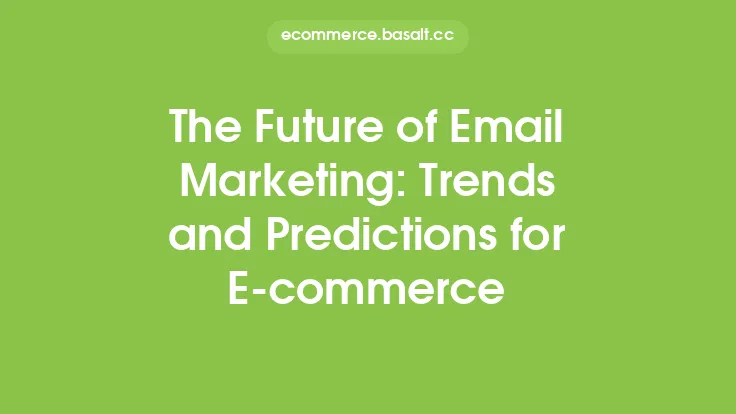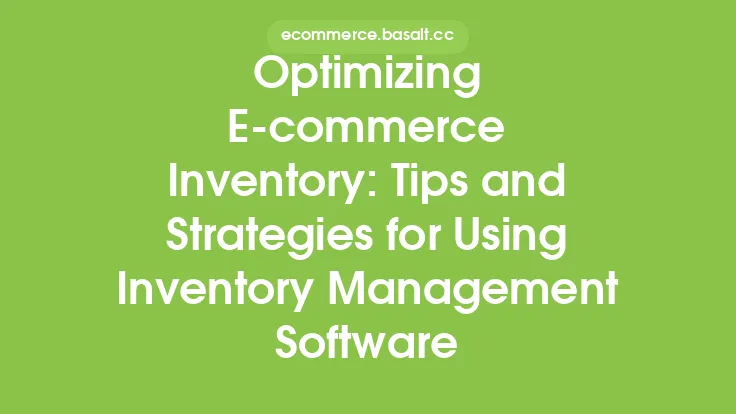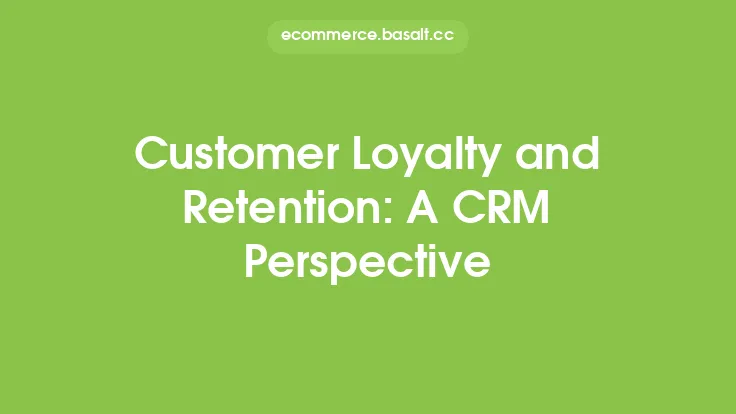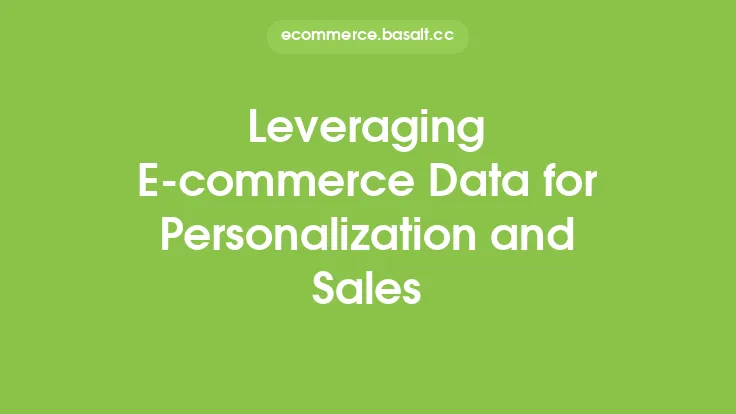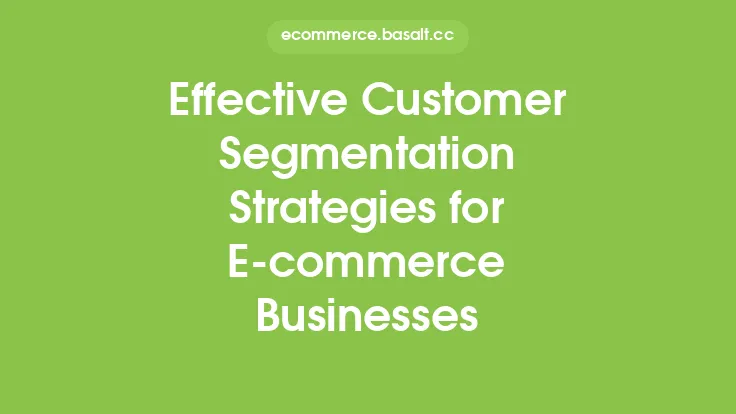Building strong relationships with customers is crucial for the long-term success of any e-commerce business. One of the most effective ways to foster these relationships and encourage customer loyalty is through email marketing. By leveraging email marketing campaigns, businesses can stay in touch with their customers, provide them with valuable content, and ultimately drive repeat sales. In this article, we will explore the strategies and tips for using email marketing to retain customers and grow your e-commerce business.
Understanding Customer Retention
Customer retention refers to the ability of a business to keep its customers over time. It is a critical aspect of e-commerce marketing, as acquiring new customers can be up to five times more expensive than retaining existing ones. Email marketing plays a significant role in customer retention, as it allows businesses to communicate directly with their customers, build trust, and encourage loyalty. By sending targeted and personalized emails, businesses can show their customers that they value and appreciate them, which can lead to increased customer satisfaction and retention.
Strategies for Customer Retention through Email Marketing
There are several strategies that businesses can use to retain customers through email marketing. One of the most effective strategies is to send regular newsletters that provide customers with valuable content, such as exclusive promotions, new product releases, and company news. Newsletters can help keep customers engaged and informed about the business, which can lead to increased loyalty and retention. Another strategy is to send personalized emails that are tailored to the individual customer's preferences and interests. This can be achieved through the use of customer data and segmentation, which allows businesses to create targeted email campaigns that resonate with their customers.
Tips for Effective Email Marketing
To get the most out of email marketing for customer retention, there are several tips that businesses should follow. First, it is essential to have a clear and concise subject line that grabs the customer's attention and encourages them to open the email. The subject line should be relevant to the content of the email and should not be misleading or spammy. Second, the email should be personalized and addressed to the customer by name. This can help create a sense of familiarity and build trust with the customer. Third, the email should be mobile-friendly and easy to read on a variety of devices. This is critical, as many customers will be reading the email on their smartphones or tablets.
The Importance of Timing
Timing is also crucial when it comes to email marketing for customer retention. Businesses should aim to send emails at times when their customers are most likely to be engaged and receptive. For example, sending an email on a Tuesday or Wednesday can be more effective than sending one on a Monday or Friday, when customers may be busy with work or other activities. Additionally, businesses should consider the frequency of their emails and avoid sending too many emails in a short period. This can lead to customer fatigue and decreased engagement.
Using Data and Analytics
To optimize email marketing campaigns for customer retention, businesses should use data and analytics to track customer behavior and preferences. This can include metrics such as open rates, click-through rates, and conversion rates. By analyzing these metrics, businesses can identify areas for improvement and make data-driven decisions about their email marketing campaigns. For example, if a business finds that its customers are not opening its emails, it may need to adjust its subject lines or email content to make it more engaging and relevant.
Creating Engaging Content
Creating engaging content is critical for effective email marketing. Businesses should aim to create content that is valuable, relevant, and interesting to their customers. This can include exclusive promotions, new product releases, and company news, as well as educational content such as blog posts, videos, and webinars. The content should be well-written, visually appealing, and easy to read, with clear calls-to-action that encourage customers to take action. Additionally, businesses should use social proof such as customer testimonials and reviews to build trust and credibility with their customers.
Building Trust and Credibility
Building trust and credibility with customers is essential for customer retention. Businesses can achieve this by being transparent and honest in their email marketing campaigns, and by providing customers with valuable content that is relevant to their interests and needs. Additionally, businesses should use trust badges and security certificates to ensure that their emails are secure and trustworthy. By building trust and credibility, businesses can create strong relationships with their customers, which can lead to increased loyalty and retention.
Conclusion
Email marketing is a powerful tool for customer retention, allowing businesses to communicate directly with their customers, build trust, and encourage loyalty. By using strategies such as regular newsletters, personalized emails, and targeted campaigns, businesses can keep their customers engaged and informed, which can lead to increased customer satisfaction and retention. By following tips such as having a clear and concise subject line, personalizing emails, and using data and analytics, businesses can optimize their email marketing campaigns and achieve their customer retention goals. Ultimately, the key to successful email marketing for customer retention is to create engaging content that is valuable, relevant, and interesting to customers, and to build trust and credibility through transparency, honesty, and social proof.
